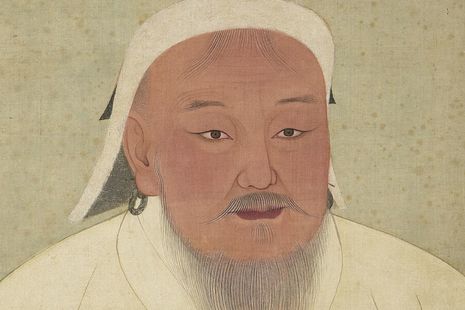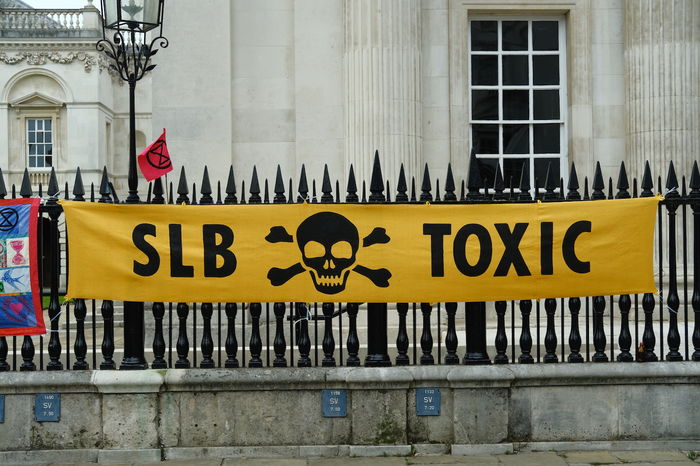Cambridge to ‘unravel’ legacy of Genghis Khan
The University will collaborate with the Mongolian government to investigate the legacy of the notorious warlord

The University is set to explore the legacy of infamous warlord Genghis Khan in a new study, the BBC reports.
The collaboration with the Mongolian government is aimed at fostering in-depth study and enhancing academic connections.
Known as Chinggis Khaan in Mongolia, the warrior king, who founded the Mongol Empire and conquered over a million square miles of land, died in 1227.
Despite the 13th-century warlord’s brutal reputation, he is also acknowledged as a “great diplomat, innovator, and ruler”, say researchers.
The initiative is being led by the University’s Mongolia and Inner Asia Studies Unit. Its director, Professor David Sneath, said: “This initiative is geared towards unravelling the historical reality beneath the myth.”
“Our focus extends beyond Chinggis Khaan himself, although his historical significance is undeniable, to explore his enduring legacy. We aim to foster a more profound examination of Chinggis Khaan and his far-reaching impact,” the professor said.
Nomin Chinbat, the Mongolian culture minister, hopes that the project will contribute to nurturing the next generation of Mongolian academics.
Chinbat, a former media executive who created the TV show Mongolia’s Got Talent, expressed her hope that the research partnership would “enhance understanding of the Mongol Empire’s global influence”.
Highlighting the warlord’s lesser-known legacies, she said: “How many people know he invented the postal service and the first passports? That he exhibited great religious tolerance and was a peacemaker?”
While acknowledging Chinggis Khaan’s predominant reputation as a warrior, she emphasised his roles as a diplomat, innovator, and ruler.
Ms. Chinbat also mentioned the potential inclusion of visiting research fellowships and travel grants in the partnership.
 Comment / Plastic pubs: the problem with Cambridge alehouses 5 January 2026
Comment / Plastic pubs: the problem with Cambridge alehouses 5 January 2026 News / News in Brief: Postgrad accom, prestigious prizes, and public support for policies11 January 2026
News / News in Brief: Postgrad accom, prestigious prizes, and public support for policies11 January 2026 Theatre / Camdram publicity needs aquickcamfab11 January 2026
Theatre / Camdram publicity needs aquickcamfab11 January 2026 News / Cambridge academic condemns US operation against Maduro as ‘clearly internationally unlawful’10 January 2026
News / Cambridge academic condemns US operation against Maduro as ‘clearly internationally unlawful’10 January 2026 News / SU stops offering student discounts8 January 2026
News / SU stops offering student discounts8 January 2026









